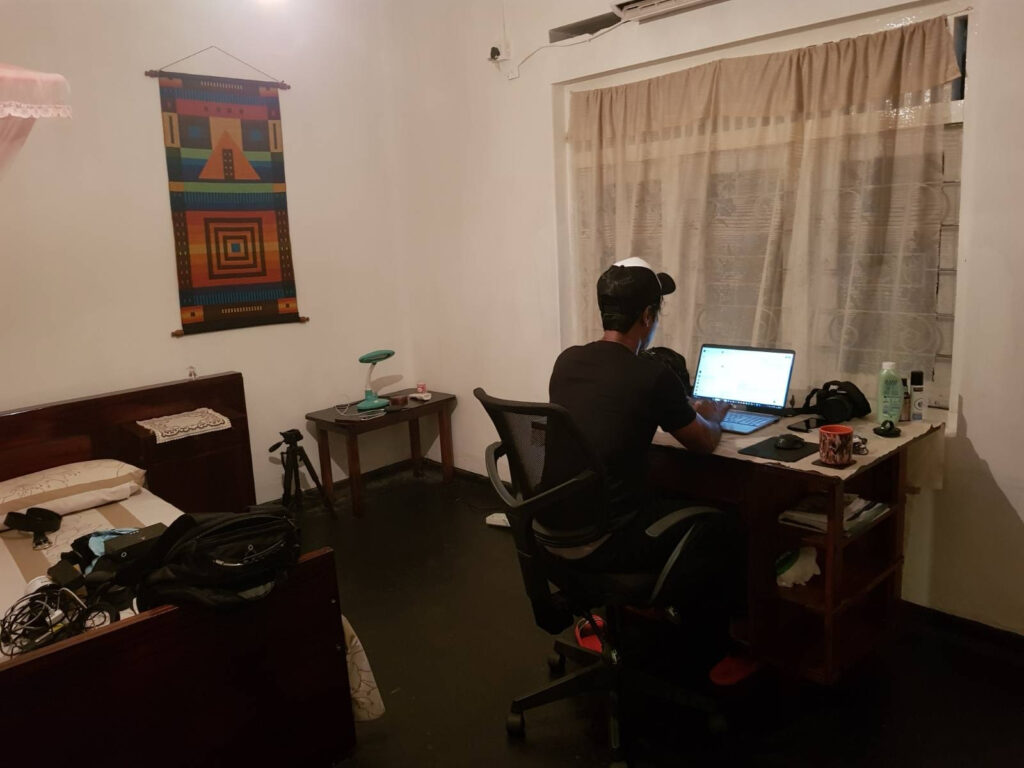How Sri Lanka Can Harness Its Potential And Thriving into the Future

I just got back from Sri Lanka couple of days ago and I had good time as always. Eating the best foods, sea, beach workouts and work from home with super fast internet net.
 I see the country has massive potential, however there are some areas that needs to be looked at.
I see the country has massive potential, however there are some areas that needs to be looked at.
Sri Lanka, an island nation known for its stunning beaches, rich culture, and the famous Ceylon tea, holds immense potential. However, it lags behind its regional counterparts like Singapore, India, and Malaysia in terms of economic growth. The key to unlocking Sri Lanka’s potential lies in implementing effective strategies, particularly in taxation and tourism, drawing inspiration from these neighboring success stories.
Learning from Neighbors: Singapore, India, and Malaysia
Singapore: A Model of Efficient Taxation and Business-Friendly Policies
Singapore’s rise as a global financial hub can be attributed to its efficient tax system and business-friendly environment. The country offers a competitive corporate tax rate, alongside incentives for startups and foreign investors. Sri Lanka could take a leaf out of Singapore’s book by simplifying its tax system, ensuring it’s business-friendly while still being equitable.
India: Leveraging Technology and Skilled Workforce
India’s focus on technology and its skilled workforce has significantly contributed to its economic growth. The development of technology parks and encouragement of IT and service sectors are exemplary. Sri Lanka, with its smart minds, can emulate this model by investing in technology education and creating tech hubs to attract global companies.
Malaysia: Diversity in Economic Sectors
Malaysia’s economic transformation is marked by its diversification. From agriculture to manufacturing and services, Malaysia has broadened its economic base, making it more resilient. Sri Lanka, with its natural resources, could diversify its economy by developing sectors like sustainable tourism, agriculture, and renewable energy.
Strategies for Sri Lanka
Implementing a Smart Tax Strategy
- Simplification and Digitalization: Streamlining the tax collection process through digital platforms can reduce bureaucracy and improve compliance.
- Progressive Taxation: Introducing a progressive tax system ensures fair distribution of the tax burden.
- Tax Incentives: Encouraging investments in specific sectors through tax breaks can stimulate economic growth.
Boosting Tourism
- Sustainable Tourism: Developing eco-friendly tourism preserves natural resources while attracting tourists.
- Cultural Heritage Promotion: Showcasing Sri Lanka’s rich heritage can create a unique tourist experience.
- Partnerships with Airlines: Collaborations with international airlines can increase accessibility and attract more tourists.
Investing in Education and Technology
- Technology Education: Focusing on STEM education can create a workforce ready for future challenges.
- Innovation Hubs: Establishing innovation centers can encourage entrepreneurship and attract foreign investments.
Diversification of Economy
- Agricultural Development: Investing in organic farming and exporting Ceylon tea can boost the agricultural sector.
- Renewable Energy: Harnessing renewable resources can reduce dependency on imports and create a sustainable energy sector.
Expanding the Diversification of Sri Lanka’s Economy
- Maritime Industry Enhancement: Sri Lanka’s strategic location in the Indian Ocean makes it ideal for developing its maritime industry. Investment in port infrastructure and services such as ship repair, shipbuilding, and maritime logistics can turn the country into a key shipping hub. This would not only boost the economy but also create numerous employment opportunities.
- Information Technology and Outsourcing: Building upon its educated workforce, Sri Lanka has the potential to become a significant player in the IT and outsourcing sectors. Developing IT parks, providing incentives for tech startups, and focusing on digital literacy can attract global IT firms and foster a thriving local tech industry. This sector diversification can reduce reliance on traditional industries and pave the way for high-value, knowledge-based economic activities.
- Manufacturing Sector Growth: Sri Lanka can diversify into manufacturing sectors with high growth potential, such as electronics, automotive parts, and pharmaceuticals. By offering incentives for domestic and foreign investors in these areas and improving industrial infrastructure, Sri Lanka can attract global manufacturers. This would help in creating a more balanced economy, reducing dependency on a few sectors, and integrating more deeply into global supply chains.
Incorporating these additional strategies, Sri Lanka can significantly broaden its economic base, making it more resilient and dynamic, and setting the stage for long-term prosperity and growth.
Conclusion
Sri Lanka stands at a crossroads, with the potential to transform into a prosperous nation. By adopting smart tax strategies, promoting sustainable tourism, investing in technology and education, and diversifying its economy, Sri Lanka can emulate the success of its neighbors. The journey is complex and requires dedicated efforts from both the government and its citizens, but the path to prosperity is clear and achievable.
